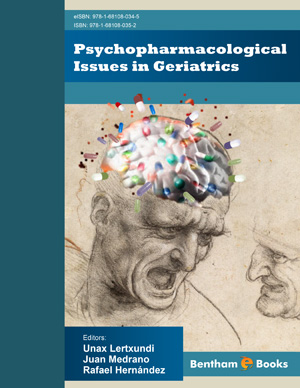Abstract
Problem Domain: Understanding the historical evolution of evidence-based
psychotherapy is crucial for contextualizing its current practices and future directions.
This chapter delves into the rich history and evolutionary journey of evidence-based
approaches within the realm of Counseling Psychology, shedding light on its origins,
development, and global perspectives.
Goal of this Chapter: The second chapter aims to provide a comprehensive overview
of the evolution of evidence-based psychotherapy, tracing its historical roots and
contextualizing its emergence within counseling psychology. By exploring topics such
as the history of evidence-based practice, the foundations of counseling psychology
preceding its advent, the timeline of evidence-based practice, and the progress achieved
in evidence-based practice across Asia, this chapter aims to acquaint readers with the
historical context of evidence-based psychotherapies.
Selling Points and Contributions of this Chapter: By offering insights into the
evolution and historical context of evidence-based approaches, this chapter provides
readers with a deeper understanding of the underpinnings and influences shaping
contemporary practices in Counseling Psychology. To be more precise, the following
are the areas where this chapter has significantly contributed:
i) This chapter offers a detailed exploration of the historical context surrounding
evidence-based psychotherapies, including the origins of evidence-based practice and
its integration into Counseling Psychology.
ii) By tracing the timeline of evidence-based practice and highlighting key milestones,
this chapter provides a comprehensive overview of its evolution, from inception to
present-day practices.
iii) In addition to examining the evolution of evidence-based practice in Western
contexts, this chapter explores its progress and adoption in Asia, particularly Pakistan,
offering insights into cross-cultural variations and implications.
iv) Through the exploration of historical and cultural factors, this chapter
contextualizes the development of evidence-based psychotherapies, enriching readers'
understanding of its diverse influences and trajectories.
Short Results: By acquainting readers with the historical context of evidence-based
psychotherapies and their evolution within Counseling Psychology, this chapter lays
the groundwork for further exploration and reflection on the past, present, and future of
evidence-based practices in psychotherapy.
















